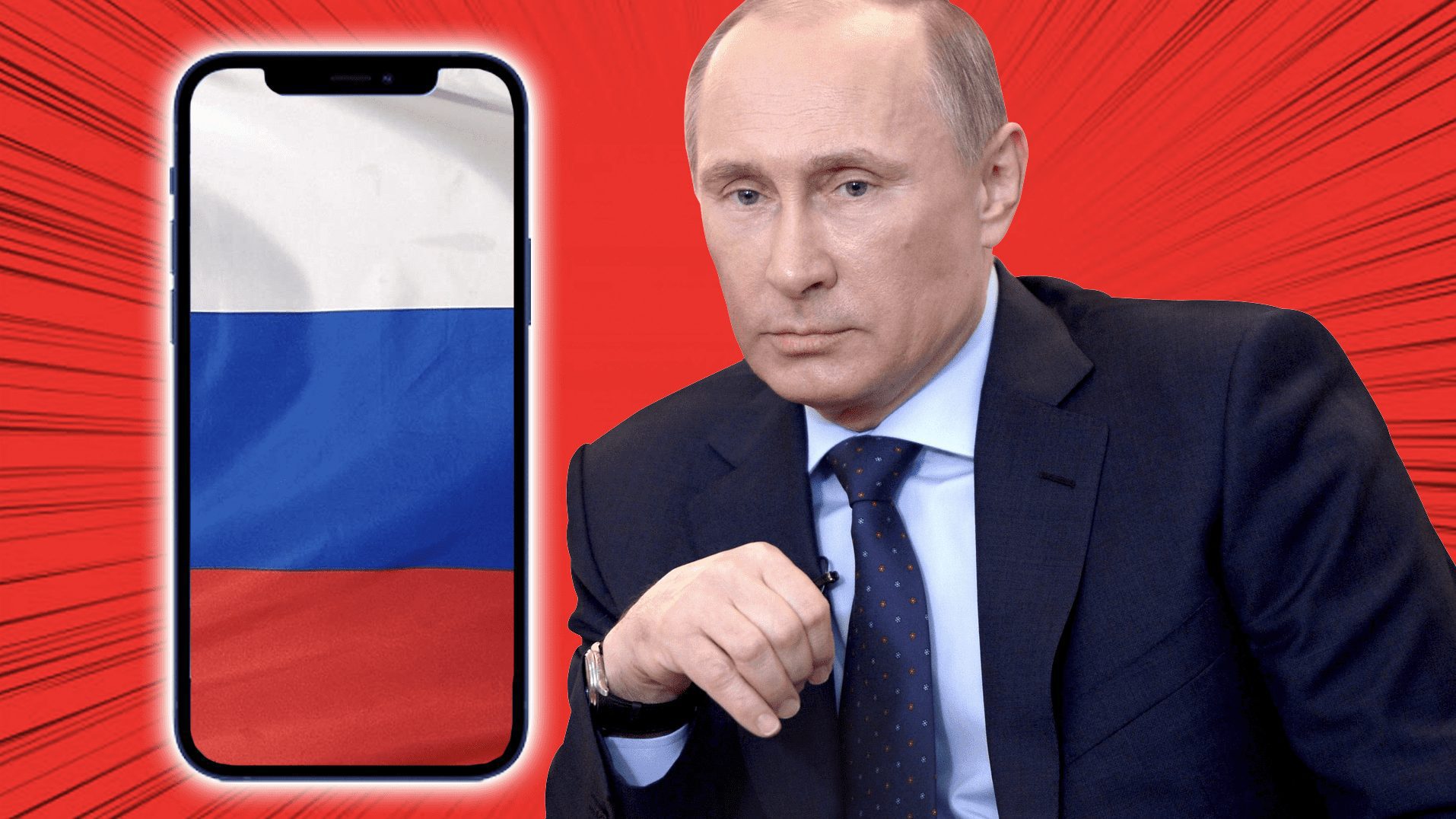It’s not easy to accurately define the motivation when the Russian government is involved, but we know this: Smartphones and computers that are bought in Russia are now required to have Russian software installed.
The new law, introduced to promote the country’s tech companies, has been criticized by some as another attempt to curb online freedom.
The legislation, which took effect on Thursday, sets the stage to help Russian IT firms compete internationally as Russia seeks to reduce its foreign dependence.
Other moves being considered include having foreign firms required to open offices on Russian territory and tax breaks for Russian IT companies.
The headliner among smart-device manufacturers, of course, is Apple. The Cupertino, Calif.-based company belatedly agreed to work with users on the new requirements.
Apple said it would comply and added, so long as Russian-developed apps pass tests for Apple’s standards for privacy, security and content, it would offer those apps as part of activation screens for new devices.
Russia’s digital ministry has said the law applies to smartphones, tablets, smart TVs, laptops and PCs produced after April 1: “Russian apps from the pre-installation list should be placed next to other programmes of the same class: both from the same category next to each other on the same screen of the device.”
In a Reuters story, Russian Deputy Prime Minister Dmitry Chernyshenko said domestic IT can become a “locomotive in the process of modernising the country” at a meeting with representatives of the IT industry last month.
The apps affected include web browsers, search engines, maps and navigations providers, and payment apps for Mir, Russia’s version of Visa and Mastercard, according to a government statement from last November.


















Add comment